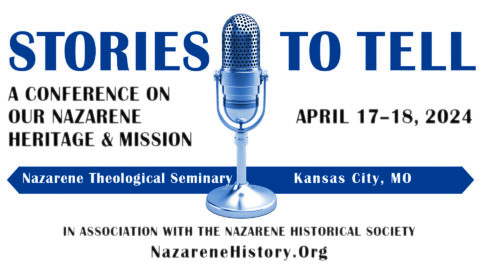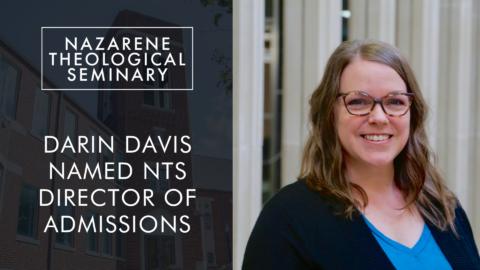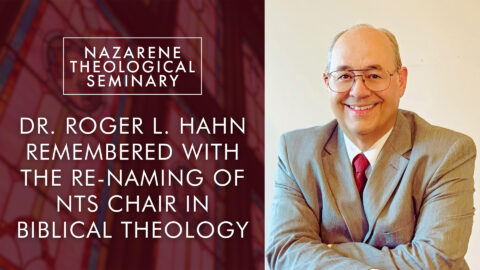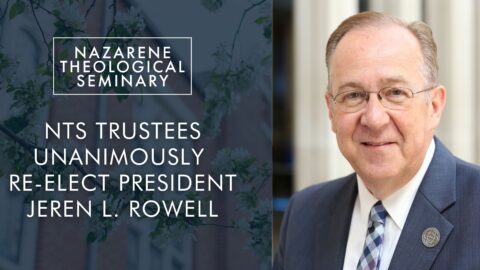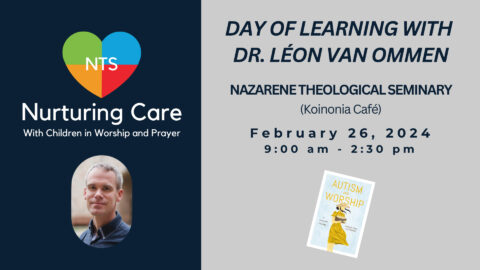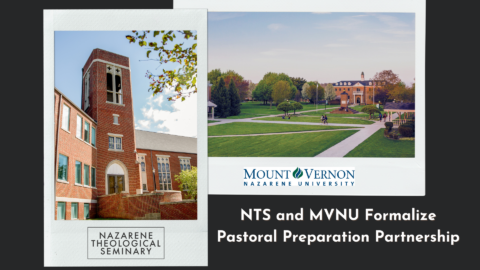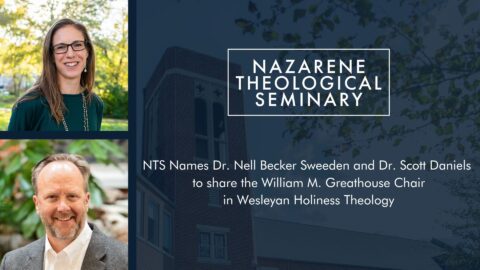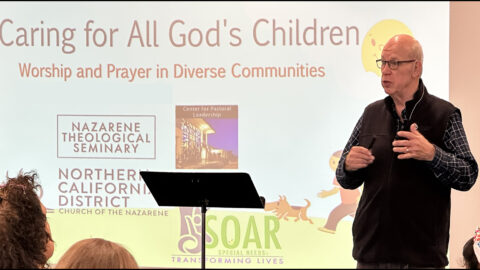June 2, 2020
I was in sixth grade. Two boys followed me as I walked home from school. They had sticks and stones in their hands, taunting me with racial slurs. Their voices had a confidence and a self-assurance that wasn’t earned. It was grounded in the power that was entitled to them on the basis of the color of their skin. They were white. They belonged. They were superior.
All the anger and humiliation from the many past experiences of racism bubbled up inside my chest and I lashed out at them. I was past walking away. I was past pretending I couldn’t hear them. I was past believing this was simply my lot in life.
I struck out at one boy but then the other pelted me with his rocks and whipped me with his stick. I turned to fight back but then the other did the same. Outnumbered, I had to retreat, hearing them laugh and holler out cruel words as I ran away. Words that belittled my slanted eyes. Words that mocked my backwards culture. Words that reminded me I was different, unwanted, and that this was not my home.
They won. All the hurt and damage they intended hit its mark. It carved into my identity, forever becoming a part of who I am – making me both fiery and passionate on one hand, and insecure and timid on the other. Sticks and stones will break my bones, but words… actually, hurt even more.
Because of my past, I am very sensitive to any hint of disparagement towards people of color. These past few months, racism has reared its ugly head over and over, leaving a trail of hateful rhetoric on social media as people fight over whether racism still exists. Let me assure you, no one is crying wolf. We are not dealing with a mythical beast or a thing of ancient history. Racism is here, now, in our midst, in our hearts – and people are dying.
It is possible, that by the time this article is published, the stories of Ahmaud Arbery and George Floyd will have faded into the background. As it is, the murder of George Floyd is all over social media right now. People are outraged. They are shaking their heads. They are pointing fingers. They are speaking out. And I am one of them.
However, something about this tragic story of George Floyd was different for me. Ahmaud Arbery was gunned down by two white men, Alton Sterling was killed by two white cops, Michael Brown was shot by a white cop, just to name a few. The difference is that one of the four officers involved with the death of George Floyd, was Asian American. He was Asian American – like me, a minority, who has almost certainly felt the sting of racism in his own life – yet he stood by and watched his fellow officer press his knee into George’s neck, ultimately crushing the life out of him.
To be clear, I have never considered my experiences of racism on par with my Black brothers and sisters. Yes, as Asian Americans, we have had our share of pain from racial discrimination. In the late 1800s, Chinese immigrants who traveled to China were barred from re-entering because they were a threat to the job market. In 1900, during the bubonic plague, about 14,000 Chinese Americans living in the San Francisco Bay Area were scapegoated for the illness due to their ‘dirty’ dietary habits and a movement started to be rid of these ‘disease-carriers.’ Although their attempt to detain them failed, the stereotypes lingered. Then there was the evacuation of every Japanese American in WW2, where they were sent to detention camps because of their ethnicity. And today, in light of the COVID-19 pandemic, Asian Americans are being blamed, harassed, spit upon, pushed over, chased out, labeled – as xenophobic violence is on the rise. Yes, these stories matter. My life matters.
But I’d be the first to say that Black Lives Matter. They matter. The 400 years of enslavement, of brutal violence, of lynching, of overt racism, of covert racism, of injustices, of discrimination matter. The lashes that ripped the backs of their ancestors have not yet healed, even generations later. Black fathers are still teaching their black children to be wary of the very people who have pledged to protect and save. “Don’t wear a hoodie.” “Don’t resist.” “Keep your hands in view.” “Move slowly.” Black mothers are still clutching at the limp bodies of their dying children, still holding candles at vigils, still crying out against the injustices. We still hear stories of our innocent Black brothers and sisters being incarcerated because they “fit the description.” Systemic racism is still impacting whole communities of our Black friends, depriving them of opportunities for upward mobility and equitable treatment.
Honestly, I am not an expert. Not even close. Perhaps, even in my attempt to stand in solidarity with Black Americans, I might be doing them some disservice. Maybe I need to listen a little longer before speaking out. But I feel an urgency to steward my voice well for the sake of those whose hearts are breaking, exhausted by the unbearable weight of grief and lament. And for the strangled voices calling out, “I can’t breathe!”
As I take steps toward becoming an advocate for biblical justice, I have learned that there are some practical things I can do to foster systemic change and dismantle racism:
1. Start with “I am a racist too!”
If we start in a place of defensiveness, or white fragility, or denial, we become part of the problem. So often, our instinct is to say, “But I’m not racist.” What we are thinking is, “I don’t wear a white hood, nor do I participate in KKK meetings.” That is to say, “I am not overtly racist.”
The truth is – we are all racist in one way or another. Covert racism is the subliminal thoughts that we have towards people that are ethnically different than us because of past knowledge and experiences. It is the coded language, acceptable behaviors, subtle attitudes, silence to injustice, and other hidden forms of racism. We are classists, sexists, and ageists as well. Our brains are deeply impacted by the narratives of our culture, by social media, by our school textbooks, by our families, and by our own ignorance. If we start with “I am racist too,” we can examine our own actions and how they expose our own implicit biases. We can assess our own hearts and understand that our perceptions are often based on prejudices rather than reality, and to act accordingly. We can develop awareness of the ways that we may have been part of the problem and start working on solutions for a better future.I will always remember the day I preached on the Christian response to the American refugee crisis. Afterwards, someone came up to me and said, “Pastor Christine, why do you have to make white people feel so guilty?” She was so bothered by it that it was quite obvious – she didn’t hear anything else from my sermon. The interesting this is, I never used the word “white” throughout the whole message. And I can honestly say, I never, ever pictured “white people” as the audience I needed to reach. To me, my Asian skin was no different to me than the white skin of my sisters and brothers. I saw myself as part of the problem. I saw my privilege.The only way to overcome our defense mechanisms is to invite the Holy Spirit to examine our hearts and expose our sin (Psa 139:23-24). Every time we respond to issues of race, ask: “Am I responding out of the flesh, or out of God’s Spirit in me?” Acknowledge the iniquities of our nation and recognize the holiness of corporate confession as modeled to us in Scripture (Jer 14:20).
2. Understand that BLACK LIVES MATTER
Yes, I know that all lives matter. The life in a woman’s womb matters. The life of an American veteran matters. The life of those in the LGBTQ community matters. The life of a police officer matters. They all matter. But please, my dear friends, saying that Black lives matter doesn’t mean these other lives do not matter.I am a breast cancer survivor. I ran races in recognition for breast cancer survivors. I have donated for breast cancer causes. I have worn a pink ribbon. I have a heart for others that have breast cancer. I want the world to see my story as a breast cancer survivor and the stories of other survivors. To bring awareness. To muster support. To provide resources.Not once has anyone said to me, “Well, prostrate cancer matters too.” No one would even think of it. It would be unheard of. Then why – why would one feel compelled to say, “Well, all lives matter?”I will take this a step further. I am also a victim of sexual abuse. I have spent a lifetime healing from the scars of my past. I have preached on sexual abuse. I have counseled others that have gone through sexual abuse. I bring it up during my speaking engagements at colleges. I have a passion to see other survivors of sexual abuse healed. I want, with every bone in my body, to see anything and everything that enables, causes, permits sexual abuse to be completely eradicated. The lives of sexual abuse survivors matter! No one, not once, has anyone come up to me and said, “Well, abusers’ lives matter, too.”Our Black brothers and sisters have been abused and victimized for generations in our nation. Time and time and time again, the message is that their lives don’t matter! Every time a Black individual is treated differently in any overt or covert ways, and nothing is being done about it, the message is loud and clear. Black lives do not matter. Those of us that wants to see this change, to see the oppressed liberated, is saying they do (Luke 4:18-19). Black lives matter. Yes, other lives matter, but let me say it again: BLACK LIVES MATTER.
3. Let in the Pain and Discomfort
I have often heard it said, “I can’t be on Facebook, the stories are too painful.” Or, “I don’t watch the news anymore because it’s all bad news.” Or “I just shut out all the divisive and controversial issues; it’s too depressing.”My response is, “I am my brother’s keeper.” “I am my sister’s keeper.” As a follower of Jesus, my mission is not to hide my head in the sand and shut out the voices of pain and suffering of the people. My mission is to go to dark places and be the light of Jesus. To partner in the ministry of reconciliation. To carry their pain with them and lament together. To seek justice. To love mercy. And walk humbly.As I preached about the Christian response to the refugee crisis, I showed a picture to illustrate a point. It was a widely circulated image of the body of a little refugee boy washed up on the beach. Someone came up to me and said, “I didn’t want to see that picture. You kept it up for too long.”I understand. I truly do. It’s hard to see. Some people use images of suffering and violence for shock value, or for perverse entertainment, or to sate our curiosity, or to exploit, and all of this is sinful and wrong. But for me, I soak in the pain to understand the heart of Jesus. He sees all of it and he weeps. I want the same things that break his heart to break mine as well. I want my hardened heart to be softened. I want my prejudices to be turned to compassion. I do not want my privilege to shield me from the suffering of others.Jesus wept at Lazarus’ tomb. Jesus wept over Jerusalem. In the face of sin and suffering, he wept. The Savior, the Creator of the Universe, the Sovereign King, the Victor and Overcomer wept. He cared so much for our suffering that he drew close, so intimately close, and walked in our shoes. He experienced it for himself. He lived it to the extreme. He did not shy away from our pain, but he took it all upon his shoulders and died for it.
I don’t know how to end this article. I am on a journey, too. I am still seeking the Lord for the ways he wants to move in me and through me for the sake of my Black sisters and brothers. For now, I am listening to stories, acknowledging my own privilege and biases, reaching out to those that are suffering, lamenting with them, stewarding my voice, and praying. I invite all who have eyes to see and ears to hear to follow, to lead, to make change, in the name of Jesus Christ.
For more ways to act: Anti-racism resources.
Rev. Christine Youn Hung
NTS Student


